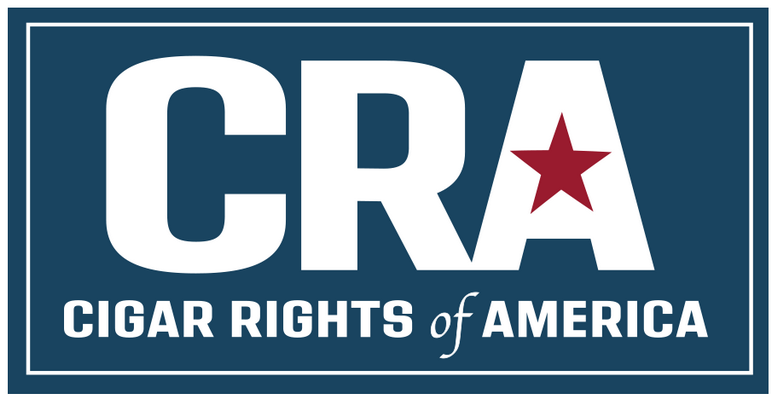At a global forum in Brussels, Clive Bates, Director of Counterfactual and a longtime public health advocate, delivered a blunt warning: the World Health Organization’s approach to tobacco control is no longer protecting public health—and is now actively harming global citizens by poisoning good science.
Speaking before the Global Tobacco and Nicotine Forum, Bates accused the World Health Organization (WHO) and its Framework Convention on Tobacco Control (FCTC) of clinging to outdated dogma. Instead of embracing modern harm-reduction strategies, he argued, these institutions have chosen ideology over evidence—and meaningful progress is paying the price.
Evidence Ignored, Progress Stalled
Bates cited Sweden as living proof that harm reduction works. The country’s widespread use of snus – a smokeless, lower-risk tobacco – has led to the lowest rates of tobacco-related disease in Europe. Yet, instead of studying that success, the WHO doubles down on its outdated hostility toward all nicotine products, treating them all the same, instead of focusing on lower-risk products with proven track records.
His most blistering criticism targeted the WHO’s position that there is no evidence reduced-risk products are safer than cigarettes—a claim he described as less about science than about institutional bias. Bates argued that the WHO has allowed its hostility toward the tobacco industry to distort the scientific debate. Essentially, the WHO’s mindset assumes that “If the tobacco industry likes it, it must be bad.” That’s not science, it’s bias.
Why This Matters for Premium Cigars
Although Bates was speaking primarily about harm-reduction products, his critique applies equally to the way regulators treat premium, handmade cigars. When public health agencies use a blunt, “one-size-fits-all” approach—treating every tobacco product as if it were a cigarette—they ignore meaningful differences in how these products are made and consumed.
Cigar Rights of America (CRA) has consistently argued that premium cigars have a fundamentally different health and behavioral profile than cigarettes. They are handmade from whole-leaf tobacco, not mass-produced, and typically used occasionally by adults, not daily, and have no issues with underage use. Yet, regulators continue to try to subject them to the same regulatory bucket as cigarettes—an approach that Bates’ critique shows is not only unfair, but scientifically unsound.
CRA’s Role in the Fight for Proportionate Regulation
This failure to distinguish between products is precisely why CRA exists [or more directly, “This failure of differentiation is exactly why CRA exists”s. From Washington, D.C., to statehouses like California’s, CRA works to prevent regulations designed for mass-market cigarettes from being imposed on the premium cigar industry.
CRA’s mission is to protect the freedom of adult consumers and the small businesses—manufacturers, retailers, and cigar shops—that make the premium cigar community unique. Our core arguments always revolve around the point that premium cigars warrant a separate regulatory category, grounded in evidence of their unique composition, production methods, and consumption patterns.
Through both lobbying and litigation, CRA is fighting to ensure regulations remain proportionate, targeted, and based on real data—not on outdated, ideology-driven assumptions. Our mission is simple: defend adult freedom, protect small businesses, and demand evidence-based regulation. Whether through lobbying or litigation, CRA insists that policy must reflect science, not stigma.Applying cigarette rules to premium cigars would not only devastate small businesses and limit consumer choice but would also do little to advance public health goals.
The Bigger Picture
What Bates described in Brussels isn’t just a policy failure—it’s a warning. A refusal to modernize tobacco control policy threatens to shut down legitimate products, distort science, deny adults access to legal goods, and, most critically, delays the adoption of proven policies that effectively improve public health. For premium cigars, that means facing regulatory battles built on the wrong assumptions. This mindset has real consequences: small businesses shuttered, consumer choice erased, and public health debates reduced to moral posturing.
The lesson is clear. If global health authorities can’t tell the difference between a Marlboro and a handmade cigar, then the problem isn’t tobacco, it’s tunnel vision.
